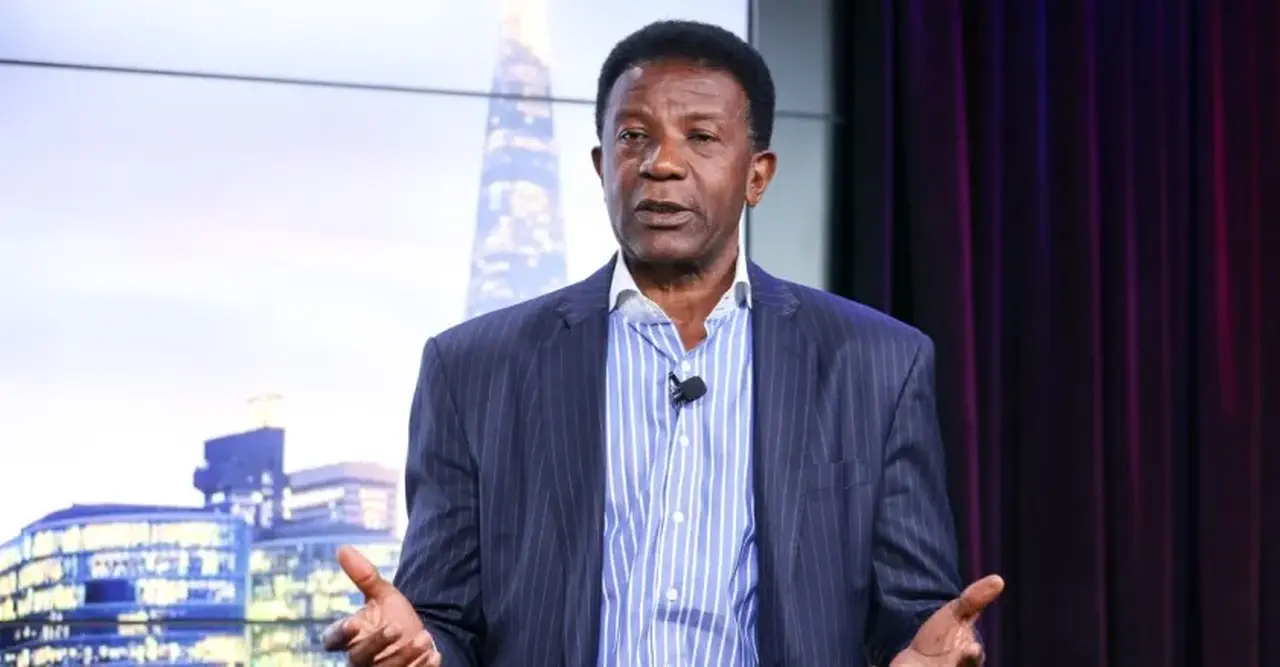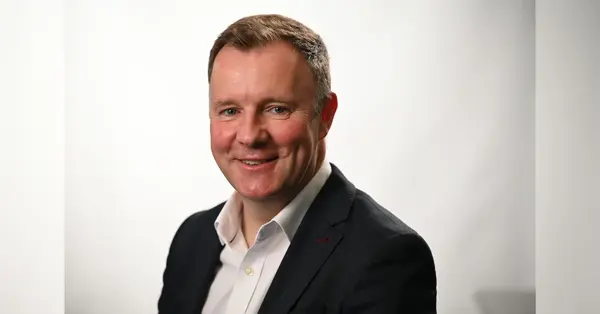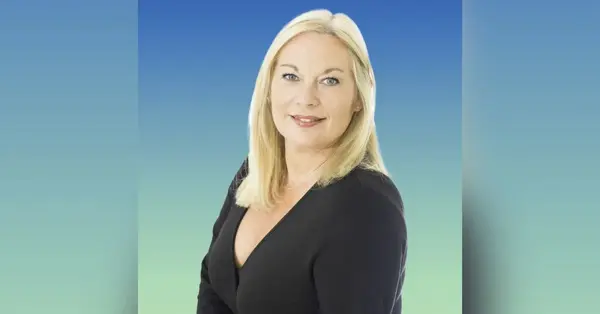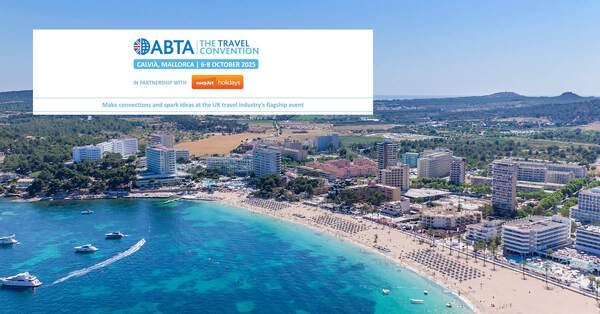Leading economist warns about pace of technological change

The former chief economist of Lloyds Bank’s commercial banking division has said the travel industry will perform better than most sectors as they grapple with geopolitical and economic challenges.
Trevor Williams told Travel Weekly’s Future of Travel Conference that geopolitical risks are the most significant, pointing to the technical revolution, climate change and population change as factors that create “winners and losers”.
But he said humans are “hard-wired to travel”, adding: “I think the travel industry, despite the geopolitical risks and geoeconomic points, will be one that performs better than most sectors.”
Geopolitical shifts have contributed to the undermining of the post-war settlement, he said, with respected institutions, including the United Nations, becoming less understood.
“The creeping of the ‘right of might’ is coming back,” he said, citing the development of conflicts including the Ukraine war. “That is the geopolitical challenge of our time.”
The pace of technological change has meant there is a risk of “leaving people behind”, which has knock-on effects.
“If someone loses something, they feel it more keenly than anything else. And if they feel marginalised and left out, they’ll definitely burn the house down,” said Williams, citing the potential for social and political issues.
Outlining some of the geoeconomic challenges, he noted the impact of the global economic crisis of 2008 and the coronavirus pandemic.
“Two one-in-100-year events happening within 10 years is remarkable,” he said, adding that they had worsened public finances “dramatically”.
In the UK, he said, one of the major issues is the approach to housing.
Describing policies as “grossly inefficient”, he argued: “We don’t build enough houses where people want to live for prices they can afford.”
He added: “That is one of the major causes of why our growth rates are slumped and also one of the reasons why people are having fewer children – it’s too expensive.”
Rent costs are too high, he said, which is causing resentment among young people.
“They’re being left behind and it’s creating social issues here,” he said, adding that the UK needs to build at least 300,000 houses a year for a decade.
He said France, which has about the same population as the UK, has 7 million more homes than the UK.
“That’s the biggest problem we have,” he added.
Politicians need to accept that the most the UK will be able to grow its economy is 1% to 1.5% per year, he said.
Dismissing any goals of achieving growth of 2% or more, he said: “The Bank of England would raise rates if we started to grow at over 2%, because we cannot sustain it.”
Citing potential ways of unlocking growth, he said there would need to be greater investment in the UK’s capital stock.
“Free up firms and others to do more with what we have available,” he said, adding technical colleges should also be created and youth centres reopened.
You have viewed both of your 2 free articles this month as an unregistered user
To continue reading, please register with Travel Weekly free of charge, or if you have already registered click here to login

















